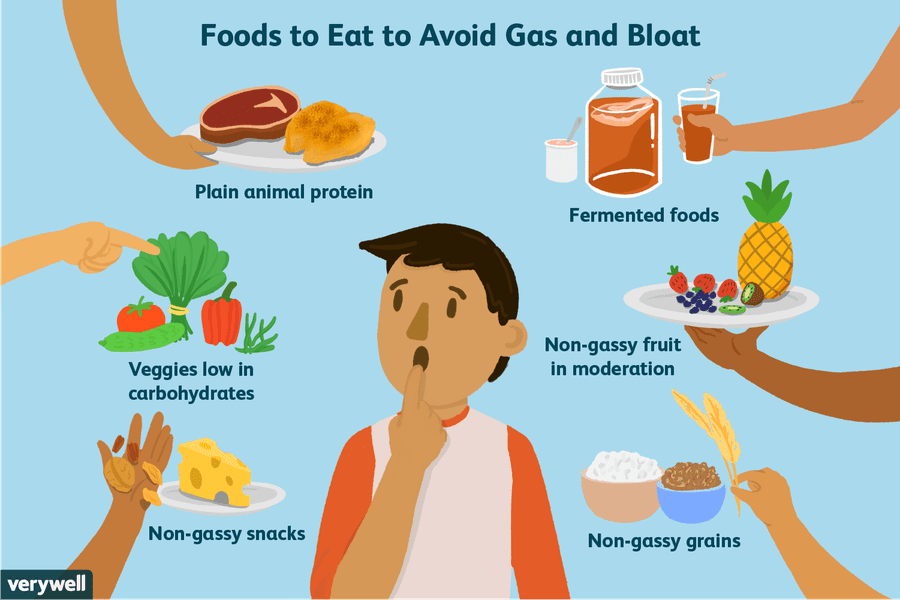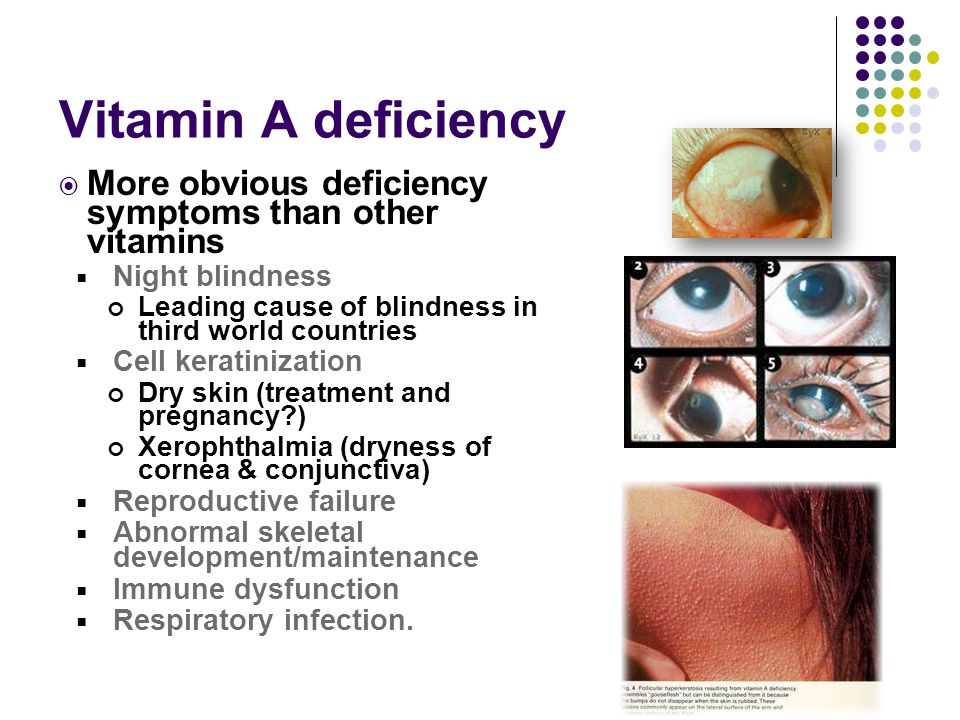Children abandoned by parents
The Long-Term Effects of Abandonment
One of the most egregious behaviors a parent or other caregiver can do to a child is to abandon them, allowing them to suffer alone. The damages done to the child when grown are significant and should not be ignored.
In this article, we shall examine together what childhood abandonment is, how it affects adults, and ways to mitigate the power it has over our lives.
What is Abandonment?All children are entirely dependent upon parents or caregivers for their safety in their environment. When these caretakers fail to offer support and meet the child’s needs, emotionally and physically, they are said to have abandoned their child.
When parents abandon their children, their kids grow up feeling unsafe in the world and feeling people cannot be trusted. These unsafe feelings lead to the child experiencing emotions where they feel they do not deserve positive attention or adequate care.
For many children, abandonment is physical and may include:
- Lack of supervision
- Physical or sexual abuse
- Narcissistic abuse
- The inappropriate offering of nutrition
- Inadequate clothes, heat, shelter, or housing
For other children, abandonment takes the form of emotional neglect and abuse when parents do not give to their children emotional conditions and environments that are necessary for their healthy development.
The child is left feeling inadequate, rejected, and damaged, needing to hide themselves away from others knowing who they are on the inside. Abandoned children are left believing it is not okay to make mistakes, that it is not okay to show their genuine emotions, that they should not have needs, and that it is not okay to be successful.
Fear of Abandonment in AdulthoodBecause they were neglected and abused as children, many adults grow up having internalized all the messages they received from their parents when they were young. Also, because they craved attention from their abusive parents, many adults grow up fearing losing the love of those they have in their lives.
Fear of abandonment is not a mental illness by itself but rather a form of anxiety that can negatively affect those who experience it. Adults experiencing abandonment issues often experience problems in their relationships because they fear the other person will leave them.
It is vital to recognize the signs of abandonment issues so that these issues may be tackled head-on. They include:
- They fear giving too much in a relationship.
- They push people away to avoid rejection.
- They are often people pleasers.
- They experience codependency.
- They feel insecure in intimate relationships and friendships.
- They require repeated reassurances that they are loved.
- They feel the need to control others.
- They jump from one relationship to another.
- They often will sabotage their relationships.
Other symptoms that may challenge a survivor of abandonment’s life include the following:
- Constant worry
- Panic or anxiety
- Fear of being alone
- Isolation
- Frequent physical illnesses
- Low self-esteem
- Addiction
- Disordered eating
- Self-harm
Knowing the signs and symptoms can help you fight abandonment issues.
People who have experienced abandonment might be more likely to have long-term mental health disorders, often based on the fear the abandonment will happen again in their adult relationships. Mood swings and anger issues later in life can often be traced to abandonment in infancy due to the lack of emotional and other support from parents.
Some of the mental health conditions thought to be heavily influenced by abandonment include:
- Anxiety
- Depression
- Codependency
- Attachment anxiety
- Borderline personality disorder
For someone who lacks self-esteem due to childhood abandonment, the fear of being abandoned again becomes a self-fulfilling prophecy as their clinginess, and other negative behaviors tend to push away potential life partners and friends.
Other long-term consequences affect future generations of those who experienced abandonment as a child.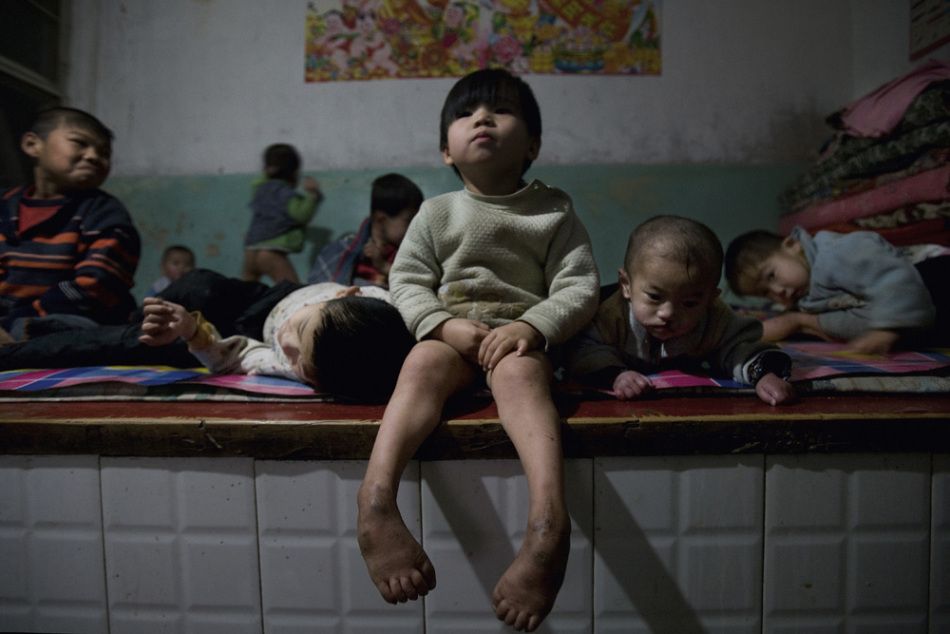 A recent study, published in Biological Psychiatry: Cognitive Neuroscience and Neuroimaging found that the offspring of the abandoned and neglected inherit brain abnormalities from their mothers show up as functional dysconnectivity between the amygdala and medial prefrontal regions of their children’s brains shortly after birth.
A recent study, published in Biological Psychiatry: Cognitive Neuroscience and Neuroimaging found that the offspring of the abandoned and neglected inherit brain abnormalities from their mothers show up as functional dysconnectivity between the amygdala and medial prefrontal regions of their children’s brains shortly after birth.
The Treatments for Childhood Abandonment in Adults
The treatment of abandonment issues focuses mainly on establishing healthy emotional boundaries and building a plethora of new responses when old thought patterns of fear begin to emerge or reemerge.
There are two primary treatments for abandonment that work tightly together to treat abandonment and neglect issues, including the following.
Psychotherapy. While psychotherapy is not for everyone, seeking out a mental health professional’s help can help those who were the victims of childhood abandonment and neglect. They can learn to overcome their fears of being abandoned again.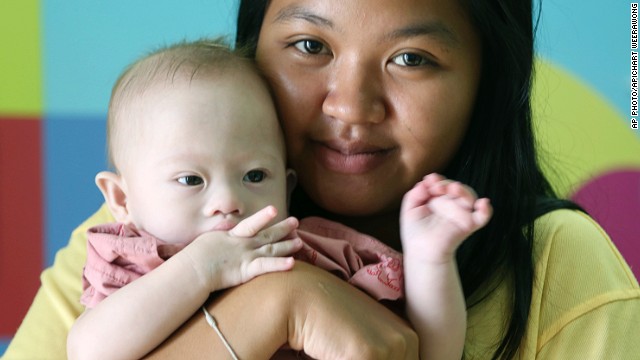 Therapists work with their clients to understand where the fear originates and how it affects their relationships.
Therapists work with their clients to understand where the fear originates and how it affects their relationships.
Self-Care. Self-care includes making sure the survivor healthily meets their emotional needs by forming friendships and relationships and allowing themselves to trust.
Should you love someone who has abandonment issues, there are ways you can support them while they heal.
Validate their fears. This means that you should acknowledge their feelings of abandonment without judgment. This move is vital to maintaining open communication. Validating a loved one’s fears doesn’t mean agreeing with them, but instead, supporting their feelings to further build on trust and compassion.
You can do this by following the six-level approach mentioned in Psychology Today.
- Be present and actively listen to their concerns.
- Reflect and summarize your loved one’s feelings verbally and without judgment.
- Become a mind-reader, and by listening to what they say help them identify their emotions.
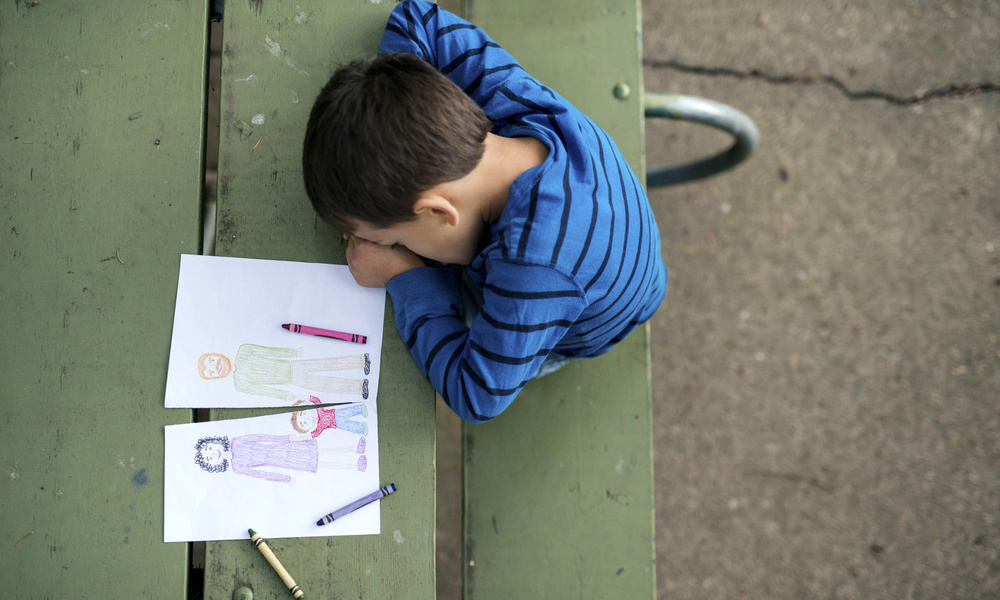
- Understand their history so you can openly state that you understand when circumstances trigger their past history of abandonment.
- “Normalize” their fears by acknowledging the fact that others with their history have fears of abandonment and that their feelings are understandable.
- Use radical genuineness to deeply validate your loved one and share your loved one’s fears as your own.
The treatment of abandonment anxiety can be very successful, but it requires commitment and self-care. Many people with abandonment issues do not see how destructive their behaviors have been to their relationships until it is pointed out to them and they begin to heal.
However, treatment can teach new ways of thinking and coping to end the overarching and debilitating power of abandonment in childhood.
“A friend is someone who knows all about you and still loves you.” ~Elbert Hubbard
“Being deeply loved by someone gives you strength while loving someone deeply gives you courage.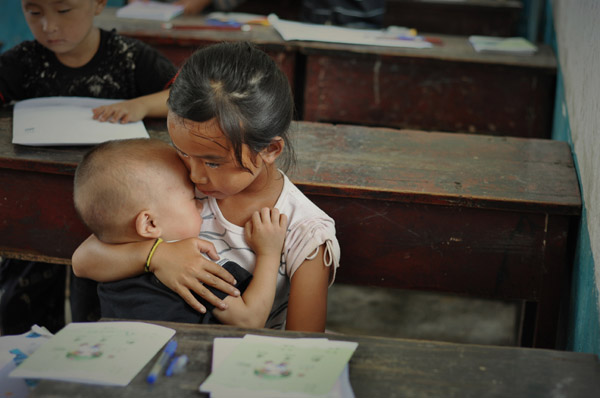 ” ~ Lao Tzu
” ~ Lao Tzu
20 signs someone has abandonment issues. (2017, September 8). Retrieved from https://www.aconsciousrethink.com/6064/signs-abandonment-issues
Abandonment & attachment-related trauma treatment & rehab center. (n.d.). Retrieved from http://www.therefuge-ahealingplace.com/ptsd-treatment/abandonment
Hendrix, C. L., Dilks, D. D., McKenna, B. G., Dunlop, A. L., Corwin, E. J., & Brennan, P. A. (2020). Maternal childhood adversity associates with frontalamygdala connectivity in neonates. Biological Psychiatry: Cognitive Neuroscience and Neuroimaging.
Megase, K. (2016, March 3). How fear of abandonment affects relationships. Retrieved from https://www.counselling-directory.org.uk/counsellor-articles/how-fear-of-abandonment-affects-relationships
Schoenfelder, E. N., Sandler, I. N., Wolchik, S., & MacKinnon, D. (2011). Quality of social relationships and the development of depression in parentally-bereaved youth. Journal of Youth and Adolescence, 40(1), 85-96. Retrieved from http://search.proquest.com/docview/821697890?accountid=1229
Journal of Youth and Adolescence, 40(1), 85-96. Retrieved from http://search.proquest.com/docview/821697890?accountid=1229
Wade, B. (1995, 04). Fear of abandonment. Essence, 25(79). Retrieved from http://search.proquest.com/docview/223174140?accountid=1229
Rescuing My Inner Child
A Compassionate Guide to Talking about LBGTQ Issues
The Human Autonomic Nervous System and Emotional Flashbacks
Shirley Davis
My name is Shirley Davis and I am a freelance writer with over 40-years- experience writing short stories and poetry. Living as I do among the corn and bean fields of Illinois (USA), working from home using the Internet has become the best way to communicate with the world. My interests are wide and varied. I love any kind of science and read several research papers per week to satisfy my curiosity. I have earned an Associate Degree in Psychology and enjoy writing books on the subjects that most interest me.
I have earned an Associate Degree in Psychology and enjoy writing books on the subjects that most interest me.
19 Lasting Effects of Abandoning or Emotionally Unavailable Parents
19 Lasting Effects of Abandoning or Emotionally Unavailable Parents- Conditions
- Featured
- Addictions
- Anxiety Disorder
- ADHD
- Bipolar Disorder
- Depression
- PTSD
- Schizophrenia
- Articles
- Adjustment Disorder
- Agoraphobia
- Borderline Personality Disorder
- Childhood ADHD
- Dissociative Identity Disorder
- Narcissistic Personality Disorder
- Narcolepsy
- Oppositional Defiant Disorder
- Panic Attack
- Postpartum Depression
- Schizoaffective Disorder
- Seasonal Affective Disorder
- Sex Addiction
- Specific Phobias
- Teenage Depression
- Trauma
- Featured
- Discover
- Wellness Topics
- Black Mental Health
- Grief
- Emotional Health
- Sex & Relationships
- Trauma
- Understanding Therapy
- Workplace Mental Health
- Original Series
- My Life with OCD
- Caregivers Chronicles
- Empathy at Work
- Sex, Love & All of the Above
- Parent Central
- Mindful Moment
- News & Events
- Mental Health News
- COVID-19
- Live Town Hall: Mental Health in Focus
- Podcasts
- Inside Mental Health
- Inside Schizophrenia
- Inside Bipolar
- Wellness Topics
- Quizzes
- Conditions
- ADHD Symptoms Quiz
- Anxiety Symptoms Quiz
- Autism Quiz: Family & Friends
- Autism Symptoms Quiz
- Bipolar Disorder Quiz
- Borderline Personality Test
- Childhood ADHD Quiz
- Depression Symptoms Quiz
- Eating Disorder Quiz
- Narcissim Symptoms Test
- OCD Symptoms Quiz
- Psychopathy Test
- PTSD Symptoms Quiz
- Schizophrenia Quiz
- Lifestyle
- Attachment Style Quiz
- Career Test
- Do I Need Therapy Quiz?
- Domestic Violence Screening Quiz
- Emotional Type Quiz
- Loneliness Quiz
- Parenting Style Quiz
- Personality Test
- Relationship Quiz
- Stress Test
- What's Your Sleep Like?
- Conditions
- Resources
- Treatment & Support
- Find Support
- Suicide Prevention
- Drugs & Medications
- Find a Therapist
- Treatment & Support
By Audrey Sherman, Ph. D. on July 22, 2017
D. on July 22, 2017
Dysfunctional families and parents come in many styles and carry out many different dynamics. One of the most damaging styles or dynamic is one where as a child you are abandoned or you live in fear of abandonment. This can be actual physical abandonment or emotional abandonment. Threats of abandonment are damaging also and are also common in these families. You may have lived in fear of being abandoned if you did not please your parent or caregiver.
This fear often manifests itself as depression as you feel helpless to control the impending abandonment. You may have suffered stomachaches or headaches as a child, signs of anxiety. You may not have known if the threats were real or if your parents were using these threats as a disciplinary technique. As a child you really shouldn’t have to think about that. You ideally would be in a safe and nurturing environment where your behavior was corrected in a constructive manner.
This parenting dynamic can be carried out by one parent or both.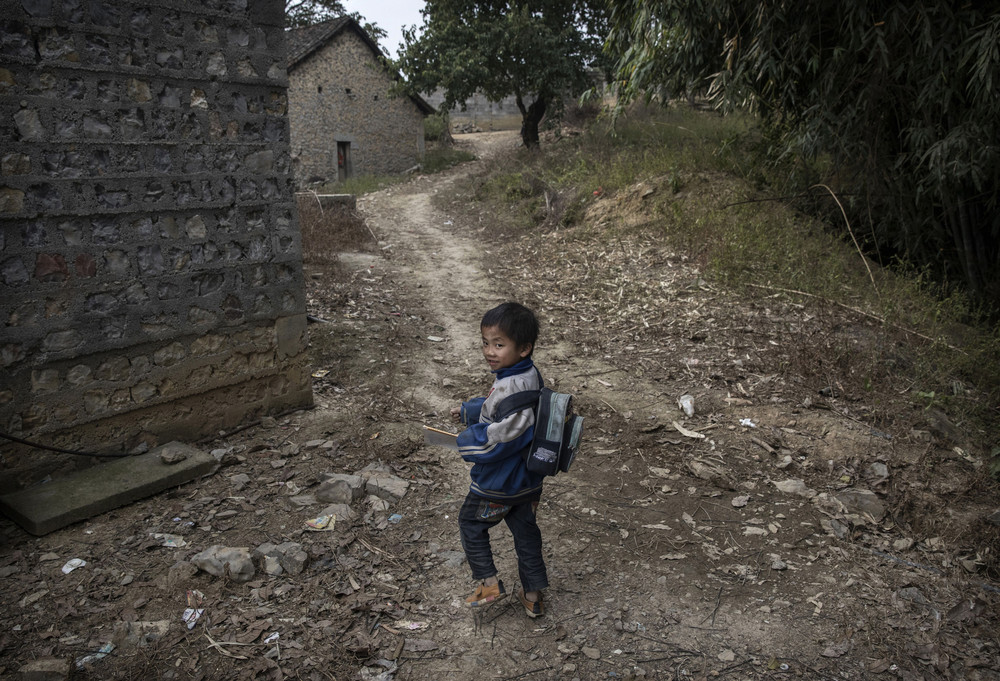 When parents fight with each other and one then threatens to leave all the time it creates fear and uncertainty. When a parent storms out of the house in anger you wonder if they are coming back.
When parents fight with each other and one then threatens to leave all the time it creates fear and uncertainty. When a parent storms out of the house in anger you wonder if they are coming back.
If you are adopted or are from a step family or divorced family where one of your parents did not uphold contact or care with you after leaving you may suffer from attachment disorders or other emotional difficulties having to do with abandonment. You may have blamed yourself for the parent not sticking around. You feel if you had been “better” your parent would still be there.
Even the death of a parent can trigger symptoms, as well as the loss of a parent who is hospitalized for long periods. Even though this situation was not deliberate by your the parent, it may have felt like you had been abandoned. If everyone in the family was focused on the ill person, your emotional needs and fears may not have been addressed.
When actually abandoned, the idea or core belief is established that you are unlovable or unwanted.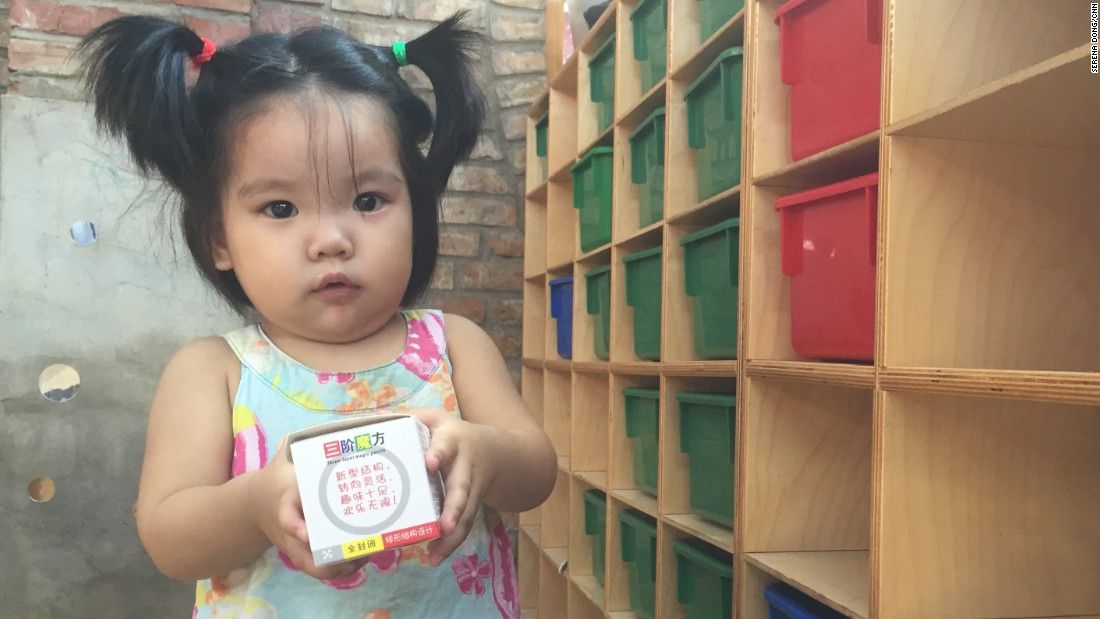
If your parents used this technique to discipline it is likely that they suffered from an attachment disorder or other emotional difficulty themselves, starting in their own childhood. It was imprinted on them also that if you dont please the parent, love may be withheld. A belief that they then passed on to you.
If you grew up under these conditions you may not handle separation well, as you expect to be abandoned. That pending abandonment feeling can be fueled by very subtle things, like your partner being distracted or non-attentive. When in relationships, there is a pervasive feeling and belief that the other person will eventually be gone. These trust issues tend to hang on for life if not addressed.
Here are some examples of the kinds of statements heard in these dysfunctional households:
- I am going to call the orphanage and give you away if you dont behave
- I am going to call the snake farm and see if theyre hungry today.
- I dont care what you do; I give up on you.
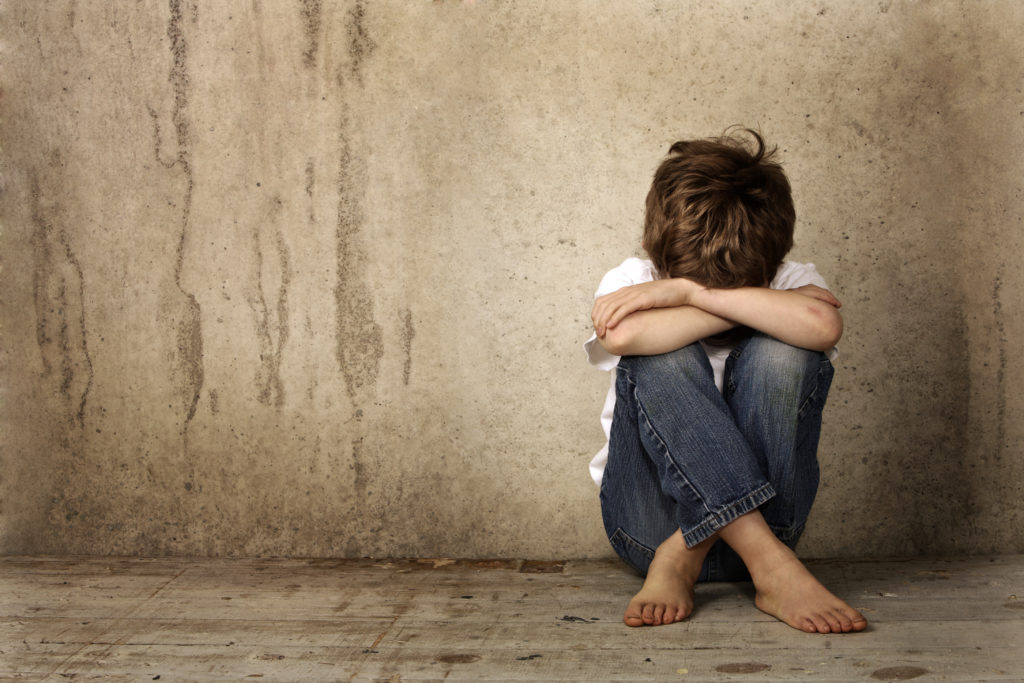
- Do you want me to stop this car and put you out?
- You can all stay here, I am leaving. Fend for yourselves.
Below are 19 emotional difficulties commonly experienced by adult children of abandoning/emotionally unavailable parents:
- Abusive relationship
- Anxiety Disorders or symptoms
- Attachment Disorders
- Borderline Personality Disorder
- Care-taking and Codependency
- Chaotic Lifestyle
- Clingy/needy behavior
- Compulsive behaviors may develop
- Depression
- Desperate relationships/relationships that happen too fast
- Disturbances of mood, cannot self-regulate and experiences emotions in extreme
- Extreme jealousy and possessiveness
- Lack of confidence, self-esteem issue
- May be poor at self-soothing
- People-pleasing behaviors to detriment of self.
- Poor coping strategies
- Promiscuity
- Relationship problems
- Trust issues
If any of these describe you or if you have been diagnosed with any of these conditions it is likely that you feel bad about yourself.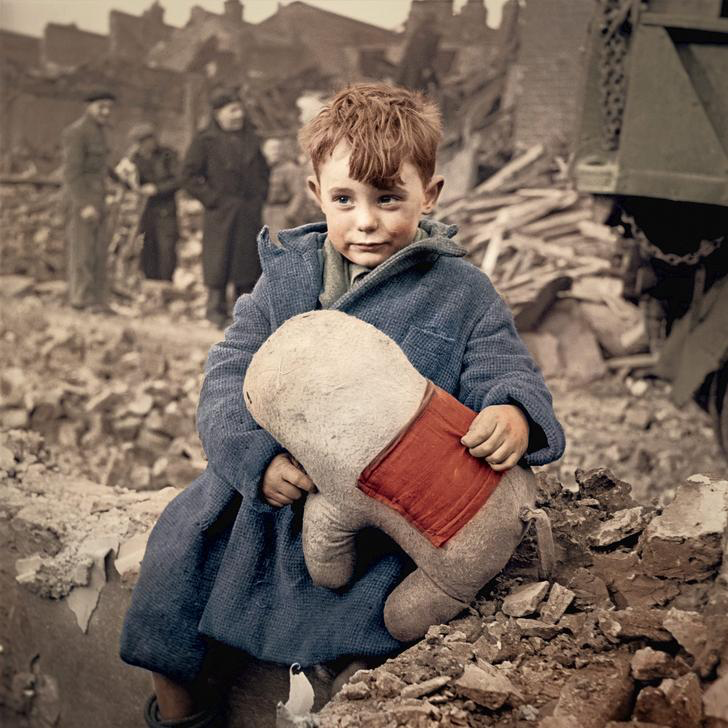 You may be being treated for a biochemical disorder or feel you have a mental illness. The sad part is that given what you experienced, how your brain dealt with it is normal. That is the way anyone would feel when abandoned. It does not mean something is wrong with you. It means something was wrong with your caregivers care-taking abilities and it created emotional distress for you.
You may be being treated for a biochemical disorder or feel you have a mental illness. The sad part is that given what you experienced, how your brain dealt with it is normal. That is the way anyone would feel when abandoned. It does not mean something is wrong with you. It means something was wrong with your caregivers care-taking abilities and it created emotional distress for you.
Your brain developed coping mechanisms designed to protect you. It developed distrust in order to not be hurt again. It developed anxiety to be watchful for the same reasons and so on. It told you to develop strategies for hanging on to people so you wouldn’t be left alone. Even if those strategies might not be great for you in the long run. Remember, the underlying powerful emotion driving these developments is fear. Fear can make us do funny things. Not funny ha ha but funny as in hard to explain.
Understanding this is critical to your well-being. It does not mean you have to reject, confront, blame or punish your parents in some way.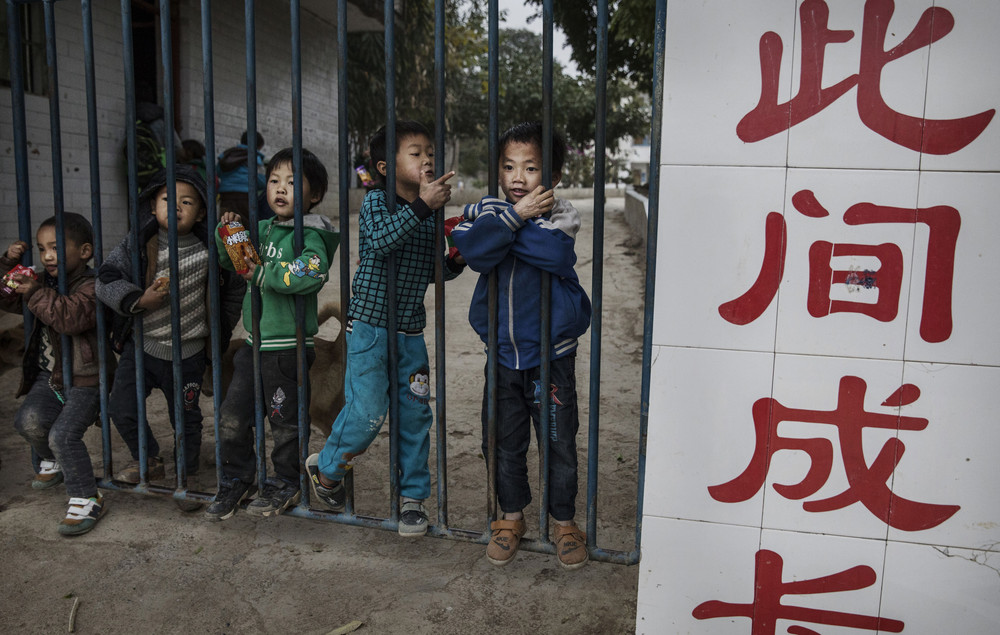 It just means you have to gain insight into what was the true starting point of your current emotional difficulties in order to develop a clear path to feeling better. As a child you couldn’t do much to escape your distress but as an adult you can conquer it by understanding its roots and putting it in it’s place.
It just means you have to gain insight into what was the true starting point of your current emotional difficulties in order to develop a clear path to feeling better. As a child you couldn’t do much to escape your distress but as an adult you can conquer it by understanding its roots and putting it in it’s place.
FEEDBACK:
By Audrey Sherman, Ph.D. on July 22, 2017
Read this next
What Is an ‘Energy Vampire’ and How to Protect Yourself
Medically reviewed by Danielle Wade, LCSW
After being with a friend, colleague, or family member, do you tend to feel emotionally exhausted? You might be dealing with an energy vampire.
READ MORE
10 Exercises to Heal Your Inner Child
Medically reviewed by Joslyn Jelinek, LCSW
Inner child exercises can help you parent and nurture your inner child, offering them the comfort they need.
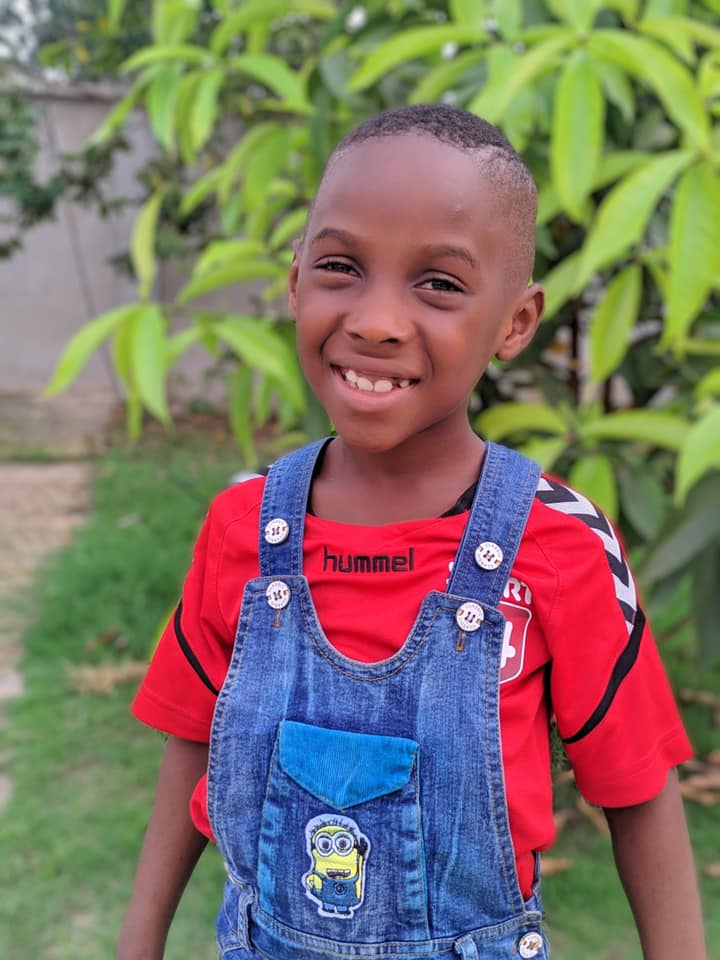 We look at 10 exercises you can try today.
We look at 10 exercises you can try today.READ MORE
10 Effective Ways to Keep Your Partner Interested
Medically reviewed by Janet Brito, PhD, LCSW, CST
Relationships can be difficult, but strategies, such as practicing attentive listening, are available to help you strengthen your relationship. You're…
READ MORE
The Importance of Play for Adults
Medically reviewed by Danielle Wade, LCSW
Playing is just as important for adults, with physical, mental, and stress-busting effects. We look at types of play in adults and their benefits.
READ MORE
Tips for Living With A Narcissist and Splitting Housework
Narcissists can make splitting housework stressful. Here's how to protect yourself.
READ MORE
4 Examples of Boundaries with an Ex
Medically reviewed by Janet Brito, PhD, LCSW, CST
Boundaries can be difficult to set and maintain, especially if you have unresolved feelings.
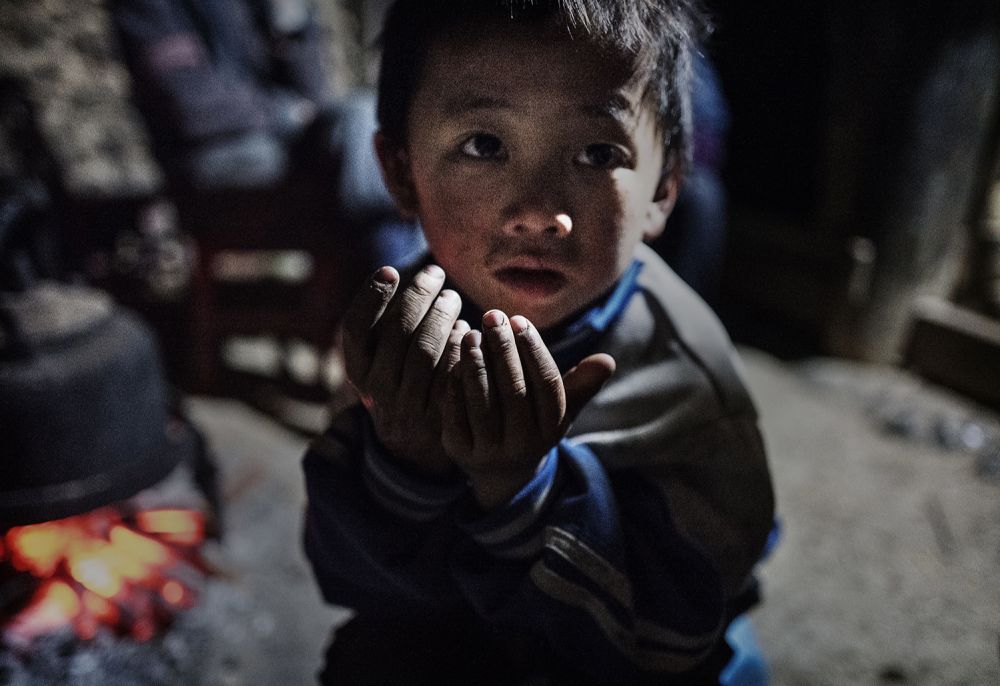 But you can learn ways to protect yourself after a…
But you can learn ways to protect yourself after a…READ MORE
Narcissism: Delusion, Fantasy, or Excessive Confidence?
Medically reviewed by Karin Gepp, PsyD
Are delusions or psychosis a part of a narcissistic personality? Here's what the experts say and how to spot a narcissist.
READ MORE
11 Personality Masks We Wear
Personality masks are typcially used as a self-defense mechanism. Understanding what causes you to wear a mask around others may help you cope.
READ MORE
Ostracized from Group? It May be Bullying by Social Exclusion
Medically reviewed by Danielle Wade, LCSW
Intentionally leaving someone out of a group is called ostracizing or social exclusion. It can be a form of bullying.
READ MORE
Approval-Seeking Behavior: Signs, Causes, and How to Heal
When relationships get messy individuals part ways, some struggle with letting go.
 Why does this happen? In me
Why does this happen? In meREAD MORE
Abandoned children often live with their parents
Every teenager has his own destiny. At the beginning of my work, I tried to put my children in the place of a teenager who broke the law. First of all, he remains a child, a minor, but a man.
In our Osinnikovsky district, in the village of Fedorovka, a husband killed his wife. Spring, high water, we are driving a tractor to the crime scene to pick up three children. I just got back from maternity leave, my daughter was a few months old. The corpse of the woman has not yet been taken out, we go into the house and see a terrible picture: she lies on the floor, the children crawl over their mother, weep, we cannot tear them away from her. And the kids are still very young, the eldest is five years old. Somehow we took them away, and all the way back I sobbed with them. It is very difficult to carry the fate of children on your shoulders. I myself have two daughters.
I myself have two daughters.
Parents, like twice two make four, should know that the basics of upbringing, the formation of a child's personality, takes place only in the family. What a family invests in their child is what our society receives. And what's going on here... Recently, I was at a holiday dedicated to the rules of the road. Six-seven-year-old children and their parents ride bicycles. Zebras, crossings, traffic lights, everything is like on a real road. The red light comes on, everyone stops, one boy goes on. We ask: "Why didn't you stop at a red light?" He replies: "Dad drove me in a car, I saw that he did not stop when the red one lights up." That is, the child does what his father did. The scheme works: since dad can do it, then I can do it too.
It is very difficult for me and my parents to find a common language. The stereotype that only children of alcoholics and drug addicts become criminals is wrong. Teenagers from wealthy, prosperous families also break the law. And this happens because children are left to their own devices. To somehow occupy themselves, they go to the offense. Once got away with it, twice, they already feel impunity. If you got involved with drugs, then you constantly need money, but where can you get it? The child commits a theft. Today, the most alarming growth of serious crimes. These include everything related to drugs: robbery, grievous bodily harm and murder. Over the past ten months, teenagers have committed three murders, and the age of the perpetrators is from fifteen to seventeen years. The girl beats a forty-year-old drinking buddy with a knife, absolutely not thinking about the consequences of her act. Nothing else than the degradation of society, I can not name such cases. Or another example. Recently found a company of eleven and twelve-year-old boys. They drank gin and tonic, which is sold in one and a half liter bottles. One boy was taken to the city hospital in critical condition. Poisoned. With difficulty, but the doctors still pumped him out.
And this happens because children are left to their own devices. To somehow occupy themselves, they go to the offense. Once got away with it, twice, they already feel impunity. If you got involved with drugs, then you constantly need money, but where can you get it? The child commits a theft. Today, the most alarming growth of serious crimes. These include everything related to drugs: robbery, grievous bodily harm and murder. Over the past ten months, teenagers have committed three murders, and the age of the perpetrators is from fifteen to seventeen years. The girl beats a forty-year-old drinking buddy with a knife, absolutely not thinking about the consequences of her act. Nothing else than the degradation of society, I can not name such cases. Or another example. Recently found a company of eleven and twelve-year-old boys. They drank gin and tonic, which is sold in one and a half liter bottles. One boy was taken to the city hospital in critical condition. Poisoned. With difficulty, but the doctors still pumped him out. Why did they drink? Adults drink, so they can too.
Why did they drink? Adults drink, so they can too.
By our behavior we show the child how to behave in society. He sees how parents communicate with each other at home, and behaves in the same way with peers. If mom and dad swear like shoemakers, then the child at school sends classmates right and left. If the father beats the mother, then the child is just as aggressive towards his peers. We have recently been unable to deprive such mothers and fathers of their parental rights. This is what the family center does. We only collect information about them, send it for consideration, and there they first warn parents about the consequences. If after some time they continue to mistreat the child, they are deprived of parental rights.
It's a shame and pain when you realize that you couldn't save a child from prison. The measure of punishment is chosen by the court, but statistics show that if a teenager was not registered with us and broke the law for the first time, the court does not send him to prison.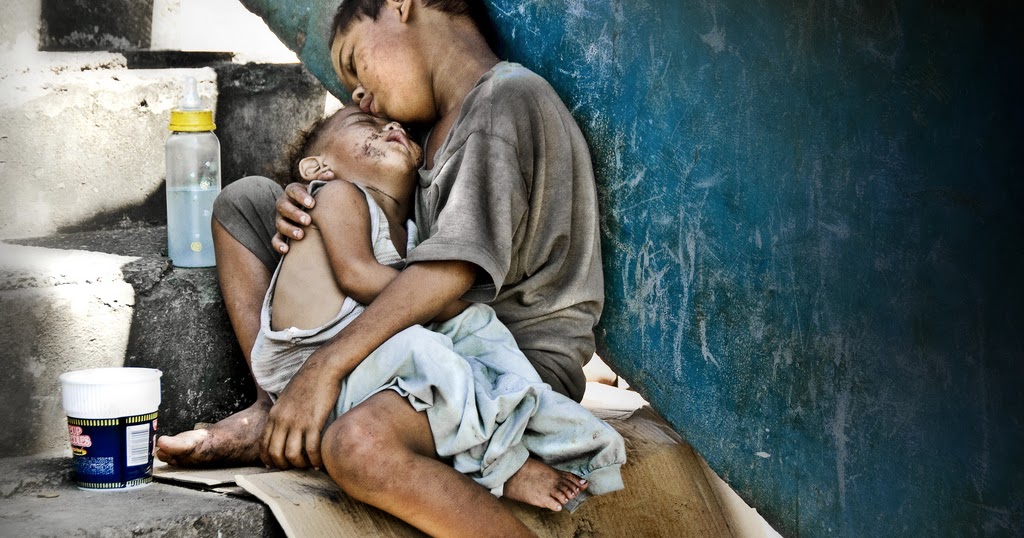 Prison hasn't fixed anyone yet. I believe that if a teenager ends up in a colony, this is a minus for us. I am not at all a supporter of sending teenagers to prisons, they are morally disfigured there.
Prison hasn't fixed anyone yet. I believe that if a teenager ends up in a colony, this is a minus for us. I am not at all a supporter of sending teenagers to prisons, they are morally disfigured there.
I really want to wish parents that they love their children more and not be rude to them.
Once I get on the bus, a mother with a child rises behind me, dragging him along, instead of picking up or at least letting her own child go ahead. On the bus, he said something, she hit him on the head with all her might. It is clear that after that the child raised a cry to the whole salon, and she, instead of reassuring the baby, gave him another slap on the back of the head. What will you sow ... If a child stumbles, parents should not refuse him. A teenager in such situations especially needs family support. In addition, the parents of a delinquent child should be able to put themselves in the place of the victim, regardless of whether he is a child or an adult.
The other day we detained a teenager, a disabled person of the second group, who committed seventeen thefts in Kayerkan. He did not sell the stolen goods, but folded them at home with the knowledge of his mother...
He did not sell the stolen goods, but folded them at home with the knowledge of his mother...
A. BYSTROVA.
November 4, the first meeting of the commission under the administration of the city of Norilsk for the distribution of the drug "Antakson" on a free basis. Of the five applications for free treatment, four were satisfied.
The commission works twice a month.
Acceptance of applications to the GPND, execution of documents - in the social security office, chief specialist Shabunina Nina Ivanovna, telephone 42-50-77.
If your family is in trouble, if you yourself have encountered drugs, do not withdraw into yourself, you have somewhere to turn.
Telephone 46-51-81 works around the clock.
You will be listened to.
They will help you. Prompt addresses of treatment and assistance.
Call.
A SIGN OF TROUBLE
And even a mother wants her son dead?
This photo was brought to the editorial office by a photographer from Norilsk, he asked not to be named - it's not important.
The man was shocked. His former student dies from drugs. Parents were leaving, the guy took everything out of the house, even unscrewed the light bulbs ... He sold himself and those donated by Christ for the sake of things. Walks scary, almost undressed. Once handsome and a dancer, now a walking corpse. The mother weeps and in despair throws the worst thing to her son: "I'll give you a triple dose, die, don't torture us anymore..."
Leaving, the hunched man turns around: "I had a dream that THIS is not a blowjob for each of us... Everyone. They say that today at discos these bastards of girls are quietly pricked under the skirt to put them on the needle... Soon they will start spraying by planes, like in a dream... My God, what will happen to us?"
I. SEREZHINA.
November 15, 2000 at 17:00 900 0
Victims of indifference: how abandoned children feel. Some situations leave an imprint on the psyche of the child for life | Charitable center "Complicity in fate"
Another case of total indifference on the part of parents towards their children occurred in Moscow. The woman left her two-year-old daughter in a clinic in the north of the city and did not return for her. Later, during interrogation, she admitted that she decided to get rid of the child in this way, as she could not cope with her parental responsibilities. The woman also stated that she brought her daughter to the clinic, and not to the children's institution, because she "didn't think it through."
The woman left her two-year-old daughter in a clinic in the north of the city and did not return for her. Later, during interrogation, she admitted that she decided to get rid of the child in this way, as she could not cope with her parental responsibilities. The woman also stated that she brought her daughter to the clinic, and not to the children's institution, because she "didn't think it through."
This is not the first time that irresponsible parents leave their children to their fate. In March, the public was shocked by the story of how a five-year-old child was found in a trash-filled apartment. The girl was discovered by police officers who arrived after a call from caring neighbors. She was in dirty clothes, with a hair tie ingrown into her neck, and did not speak. She was urgently hospitalized in one of the Moscow hospitals. A criminal case of attempted murder was opened in connection with the incident.
Another case of parental neglect occurred in April.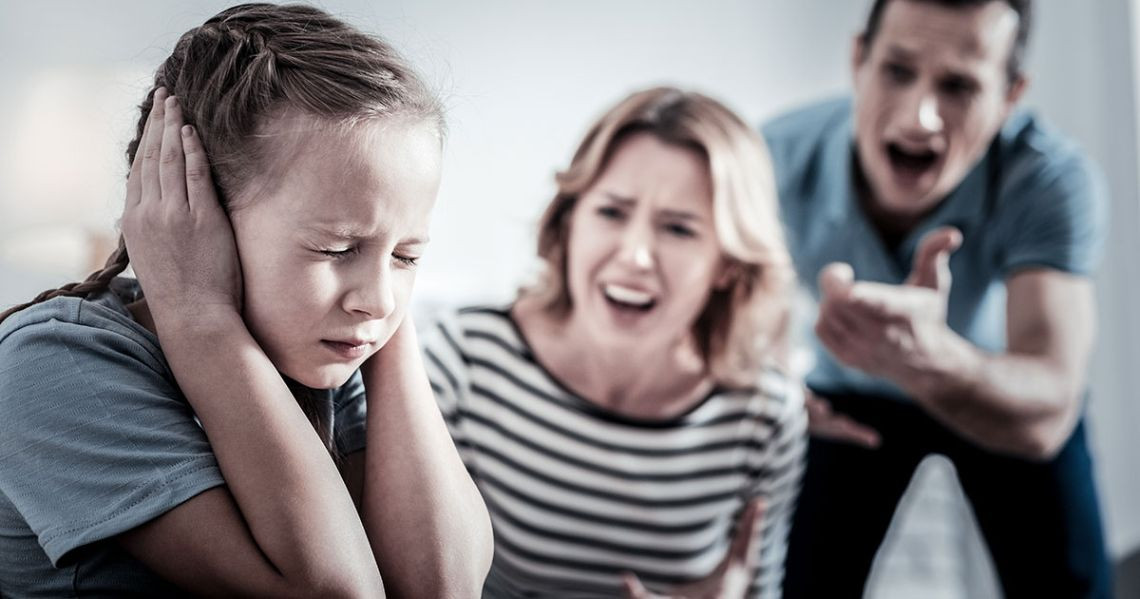 Law enforcement officers received a message from the Rostov medical institution. It said that a child of two and a half years old was taken there, who was forgotten in a taxi car. Employees of the Ministry of Internal Affairs identified the mother of the child and found out that she had left her son in the car while intoxicated.
Law enforcement officers received a message from the Rostov medical institution. It said that a child of two and a half years old was taken there, who was forgotten in a taxi car. Employees of the Ministry of Internal Affairs identified the mother of the child and found out that she had left her son in the car while intoxicated.
News.ru spoke with a practicing child psychologist Elena Loseva and found out whether such situations can affect the psychological state of the child and affect his future life.
— Will the fact that he was not only given, for example, to an orphanage, but also previously left in a public place, have a more negative impact on the child?
- In my opinion, no. Either way, he loses a significant adult. In what situation this happens, it does not matter. Up to three years, a mother for a child personifies the whole world. And even leaving a child without any reason is in fact a major loss for him. At that moment, the world collapses for him and nothing else exists.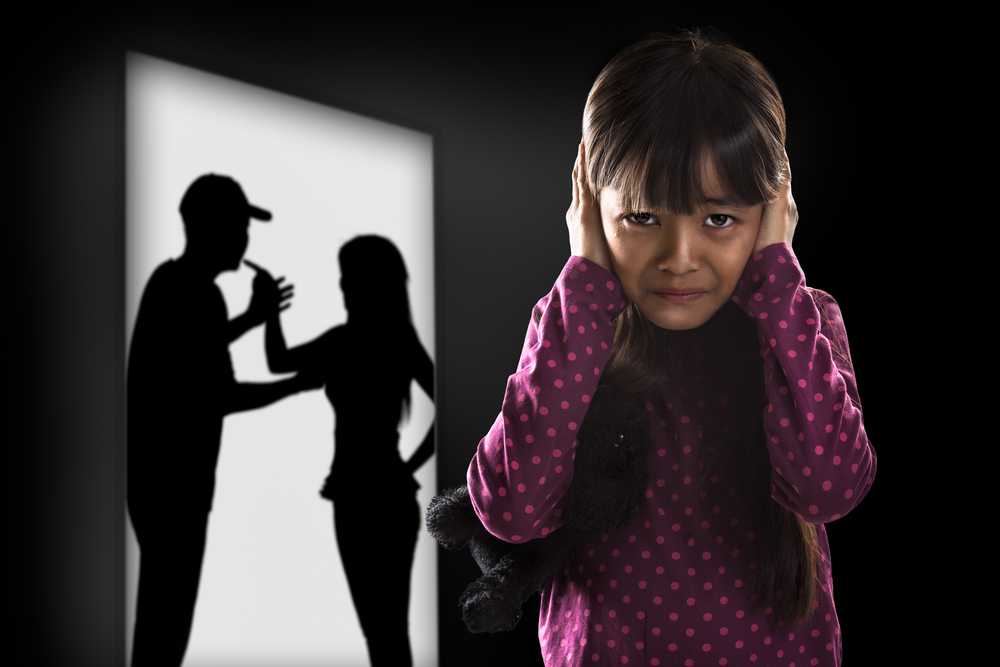 Whether the mother handed over the child to the orphanage or left him in the clinic - there is not much difference. And even if the child is quickly adopted, it will not be so easy to make amends for this situation in his mind. If the mother changes her mind and takes him home and does not leave him for the next month and a half, then perhaps this will pass without consequences. As a comparison, we can imagine a situation where the mother of the child does not leave, but temporarily leaves, because she needs to go to the hospital. For a child, it looks about the same - the mother was there and she is not here, and the world is collapsing. If mom shows up and spends a lot of time with him, then this situation will be erased from his memory, as the world is restored.
Whether the mother handed over the child to the orphanage or left him in the clinic - there is not much difference. And even if the child is quickly adopted, it will not be so easy to make amends for this situation in his mind. If the mother changes her mind and takes him home and does not leave him for the next month and a half, then perhaps this will pass without consequences. As a comparison, we can imagine a situation where the mother of the child does not leave, but temporarily leaves, because she needs to go to the hospital. For a child, it looks about the same - the mother was there and she is not here, and the world is collapsing. If mom shows up and spends a lot of time with him, then this situation will be erased from his memory, as the world is restored.
— Can the child's psyche be affected by the situation when he was lost, but soon found?
- If the parent found the child within a few hours - no. After that, for reinsurance, an adult should spend about a week with a child more time. In such situations, he develops a basic trust in the world and a sense of security. Why do children quietly run away from their parents? Because they have a feeling that nothing threatens them, because if something happens, an adult will be there. Accordingly, if the child does not have such a feeling, then at a more mature age he may show anxiety - he can be afraid of everything and beware. There is no talk of a full life in such cases, since such a state persists for life.
In such situations, he develops a basic trust in the world and a sense of security. Why do children quietly run away from their parents? Because they have a feeling that nothing threatens them, because if something happens, an adult will be there. Accordingly, if the child does not have such a feeling, then at a more mature age he may show anxiety - he can be afraid of everything and beware. There is no talk of a full life in such cases, since such a state persists for life.
— What is the main psychological problem faced by children from orphanages?
— A big problem for orphans and children after orphanages is that they do not have a sense of security. After adoption, the first thing adoptive parents spend their energy on is establishing attachment. It happens painfully. If you see that a foster child is playing on the playground, you cannot approach him without the permission of his mother. Since in order for her to form an attachment with this child, there should not be other adults in his life.
